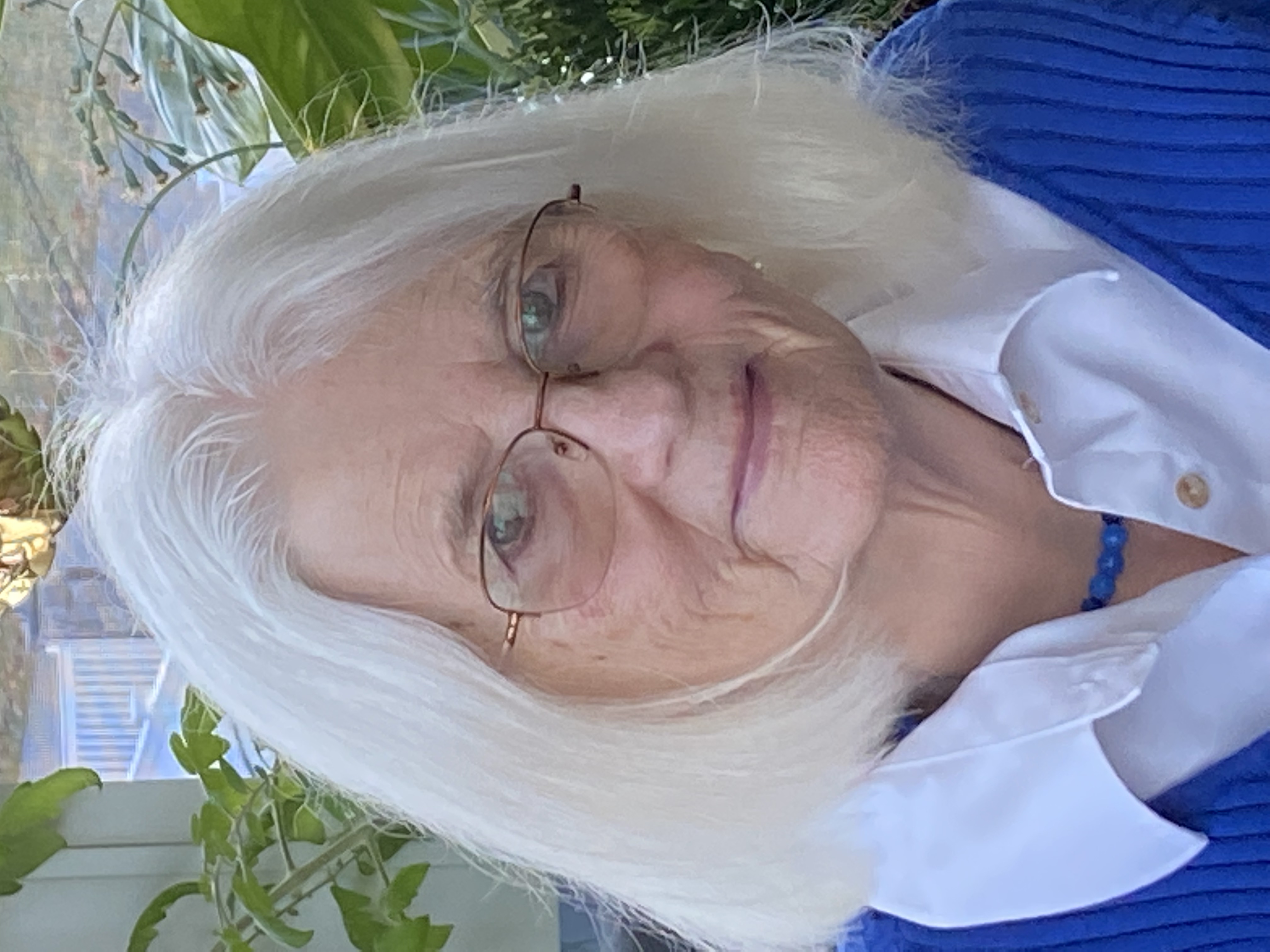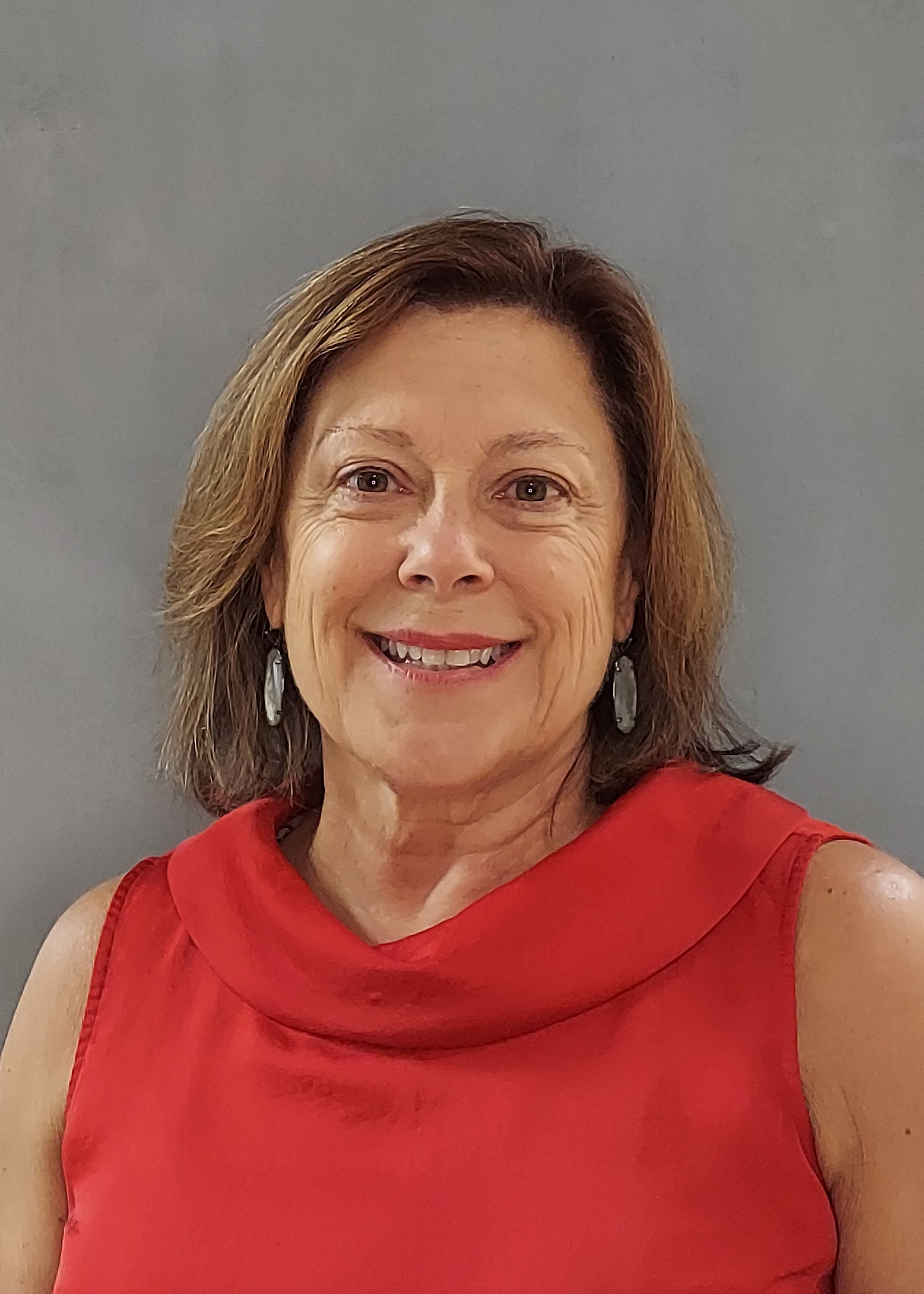PRESENTATION
A New Approach to Reducing Secondary Stress
Thursday, December 5 | 3:15 PM - 4:00 PM
Recently social service agencies have been acknowledging the effects of working with, feeling empathy for, and having responsibility for trauma survivors. Whether this effect is referred to as vicarious trauma (VT) or secondary traumatic stress, there is no doubt that the work can influence the treater's world view, their sense of safety, their own relationships, their sense of hope and their energy and enthusiasm for their work. Agencies often take the approach that this is an individual problem, to be solved by the treater on their own time and at their own expense with self-care and good boundaries. This presentation will challenge the myths of vicarious trauma, such as that work is entirely depleting and that home life is entirely fulfilling; and that there is such a thing as work-life balance. The book Reducing Secondary Traumatic Stress: Skills for Sustaining a Career in the Helping Professions by Brian C. Miller (2022 Routledge) provides the scaffolding for helping our workers retain and grow their hope and energy in the work, and thus reduce turnover. We will cover: debunking the myths of VT; developing skills to enhance our work lives; understanding that appreciating intensity rather than avoiding it helps us thrive; bringing joy into our work; developing radical compassion; and recovering from crisis. We will also explore the assumption that trauma encounters are inherently fatiguing. The cure for exhaustion is not rest- it is wholeheartedness. Participants will leave the workshop with action steps to bring to their agencies.
Learning Objectives:
- Participants will be able to identify three myths about vicarious trauma and their alternative truths.
- Participants will be able to list eight skills to sustain treaters in their jobs, and create agency plans to teach and support these skills.
- Participants will develop three strategies to increase the joy in their workplaces.
- Participants will identify three actions to create agency structures to support treaters in recovering from crisis.
About the Presenters
|
Patricia Wilcox, LCSW
Patricia Wilcox, LCSW, is the Vice President for Strategic Development at Klingberg Family Centers, in New Britain, Connecticut. She specializes in helping organizations improve their treatment of traumatized people. She created the Restorative Approach™, a trauma- and relationship-based treatment. She is a Faculty Trainer for Risking Connection® and an Adjunct Faculty at the University of CT School of Social Work and the University of St. Joseph’s. She has presented extensively on using neuroscience to improve our workplaces and increase our commitment to social justice. In 2012 she was chosen as the Connecticut NASW Social Worker of the Year, and in 2022 was designated a Soroptimist Exceptional Woman.
|
|
 |
|
Peggy Kelly, LPC-S
Peggy has a B.S. in Business and Finance from the University of Arkansas and a M.S. in Behavioral Studies from University of South Alabama. She has worked in the field of Mental Health and Substance Abuse since 1990 and has practiced in Alabama, Georgia, Michigan and Arkansas. Providing employee health services and developing policies in the workplace regarding substance abuse, violence and other behavioral health topics had been her passion. She worked with a number of Fortune 500 companies as their Employee Assistance Professional. Peggy served as the Director of Clinical Services for JF&CS in Atlanta for 5 years. She then had the opportunity to return to Arkansas in 2014 to accept the position of Chief Clinical Officer for Youth Home, Inc./Behavioral Health Services of Arkansas. In her that role she oversees all clinical services for the residential, QRTP, outpatient and school based programs. She has diversified the payer mix, developed new programming and initiated a culture change by implementing the Risking Connections Trauma Informed Care model. Peggy is currently serving as Chief Executive Officer in addition to her clinical position and is striving to help the agency plan to set a path for the future.
|
|
 |
|



